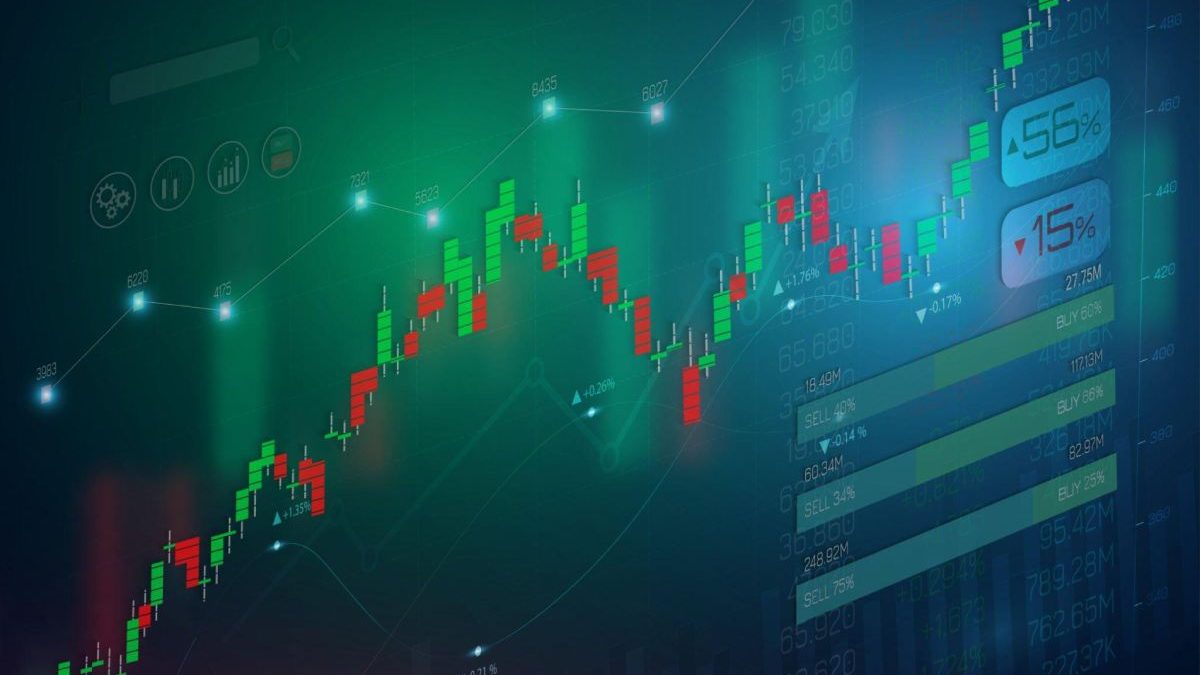Numerous online forex brokers compete for the business of individual traders in the foreign exchange market. Forex broker adverts are likely to overwhelm you if you visit any economic news website. This article discusses five factors to keep in mind when selecting a broker.
verify their standing before signing up with them as your forex broker. The National Futures Association (NFA) is a self-regulatory body for the futures market, and any credible forex broker operating in the United States will be a member.
The CFTC, the U.S. government agency in charge of overseeing the futures and options markets for agricultural and industrial commodities, will be notified of its existence as well. A broker’s fancy website is no indication of whether or not they are a member of the NFA or subject to CFTC oversight. In the “About Us” section of their website, most brokers provide their NFA member numbers. Not only that, but every nation outside of the United States has its independent regulatory agency. Best broker forex trading that is not properly regulated poses a security risk to their client’s funds and may not be trustworthy.
Table of Contents
Components of an Account
Various best brokers for trading forex provide a variety of account types. When comparing brokers, it’s important to look at four different factors: leverage and margin, fees and spread, minimum deposit amounts, and withdrawal times.
Comparing Margin and Leverage
In the foreign exchange market, traders may use margin accounts, which provide them with leverage, depending on their broker. A trader with a $1,000 account may control a position worth $50,000 thanks to a leverage of 50:1. The maximum leverage provided by certain brokers is 200:1. When a trader is in a winning position, the use of leverage may increase their earnings. Since the possibility for losses is also enhanced with leverage, a trader’s account may be swiftly depleted. Be careful when relying on leverage.
Charges and Margin
Commissions are often taken as a percent of the spread, or the difference between both the bid and ask price of a currency pair. If a broker doesn’t charge a commission, they may make up the difference by charging bigger spreads. Learn the broker’s revenue model before signing up.
The spread may be set at three pips (a pip is the smallest increment by which a currency’s price may move in the foreign exchange market) or it may be changeable in response to fluctuations in the market. With a larger spread, it may be more challenging to turn a profit. Spreads on widely traded currency pairings, such as the Euro to Dollar and the Pound to Dollar, tend to be tighter than those on less liquid combinations.
First Money In
Even if you’re just starting, you may fund your forex account with as little as $50. One of the reasons forex trading is appealing to novice traders and investors is that with leverage, the purchasing power is naturally much bigger than the minimal investment. The minimum opening deposit for each account type varies across brokers.
Accessing Funds Is Simple
Withdrawal and deposit procedures might vary widely amongst different forex brokers. It’s very uncommon for brokers to accept a variety of payment methods, including credit cards, e-wallets like PayPal, and wire transfers, as well as paper checks drawn on a bank or a client’s bank account. Withdrawals are processed via cheque or wire transfer. Both services may incur additional fees from the broker.
Currency Pairs Available
Although many different currencies are accessible for trading, only a select handful have widespread interest and, thus, high liquidity. Not only the Euro/Dollar and Pound/Dollar pairings listed above but also the US Dollar/Japanese Yen and Swiss Franc pairs, are considered important pairs. Even if a broker has access to hundreds of different currency pairings, it’s only useful if they have access to the ones that you’re interested in trading.
Service to Customers
Due to the nonstop nature of the foreign exchange market, traders may contact their broker at any time of day or night. Think about how simple it is to speak with an actual person when calling. You may get a sense of the quality of customer service and typical wait times by calling a broker.
Trading Engine
Traders’ access to the market is facilitated by the trading platform. Traders should verify that the broker’s platform and software allow for easy entry and exit of trades, as well as provide the necessary technical and fundamental analytical tools.
An effective trading platform will feature obvious buy and sell buttons, as well as a “panic” button that instantly cancels all open positions. On the other side, errors made while entering orders due to a clumsily designed interface might cost the business money.
Options for personalization, order input kinds, automatic trading, strategy builders, backtesting tools, and trade notifications all need to be taken into account. Before committing to a broker and financing an account, a trader may test out the broker’s trading platform using a free demo account.
This is the Bottom Line
You’ll be able to focus more on research and strategy development if you have faith in your forex broker. An investor’s chances of success in the highly competitive forex market might be improved by doing some preliminary research before signing up with a broker.


